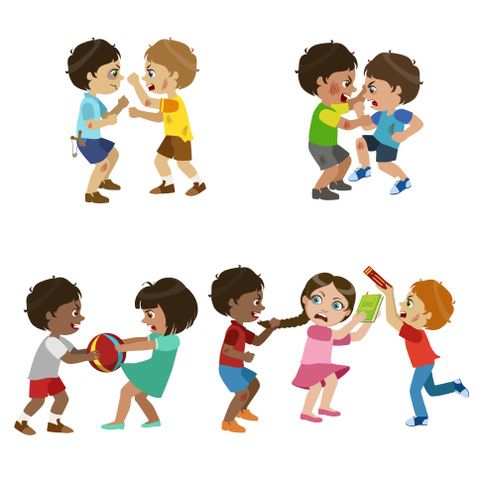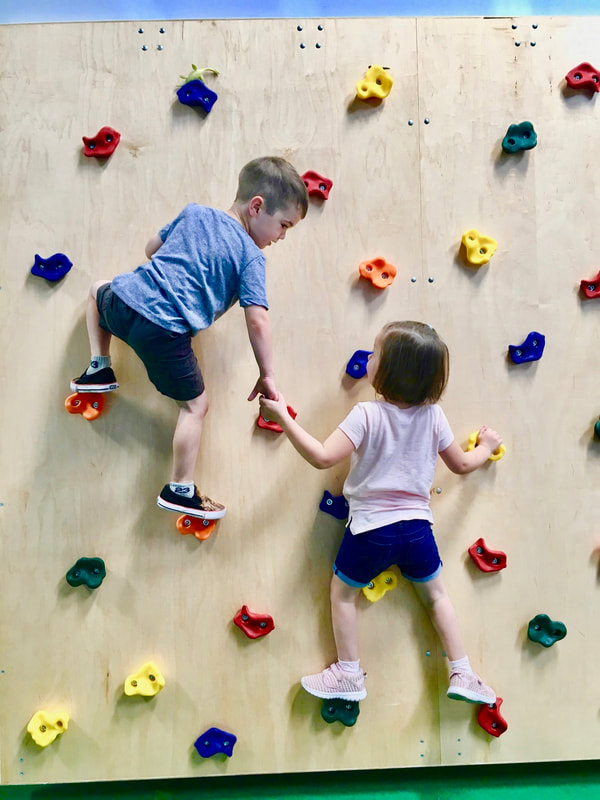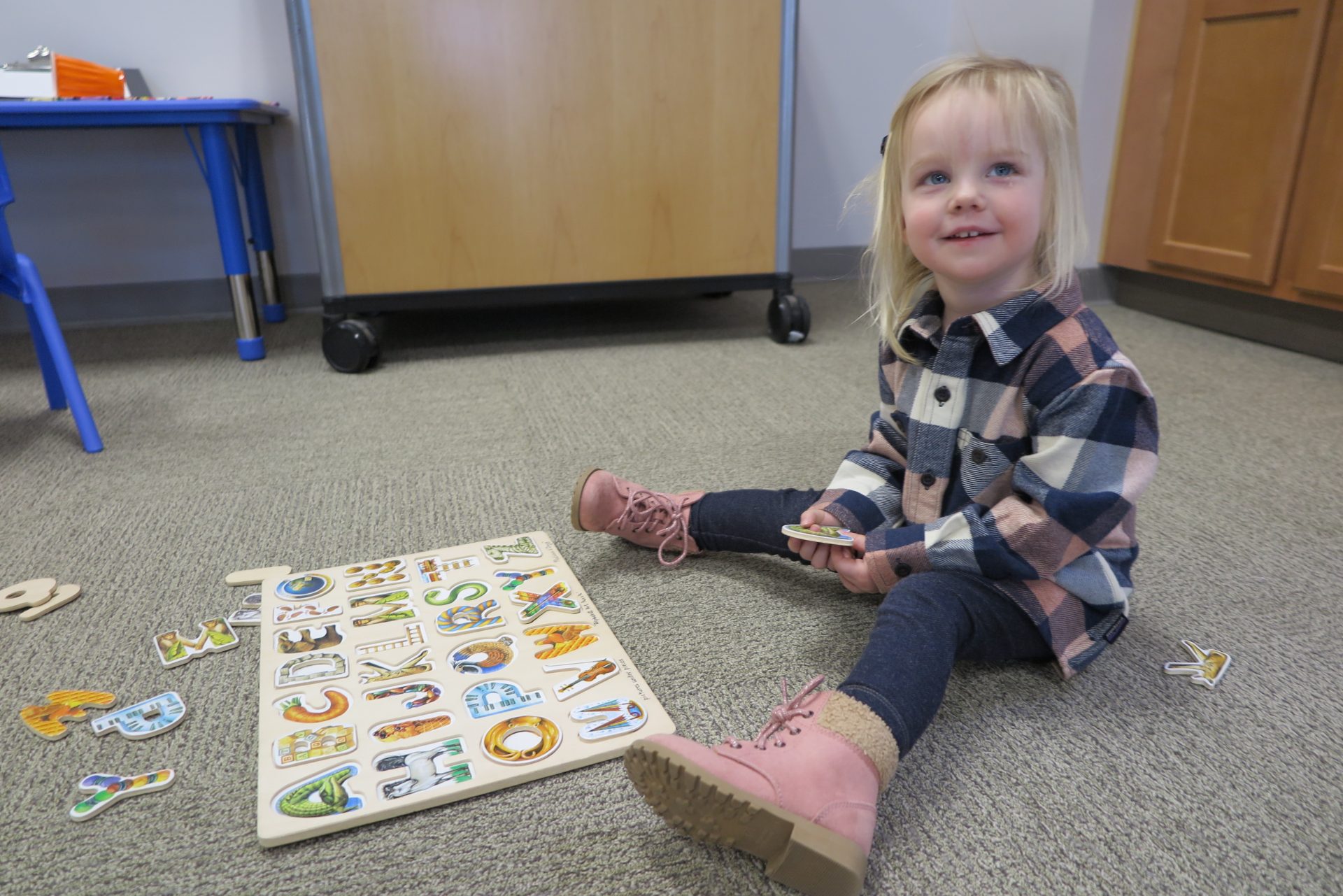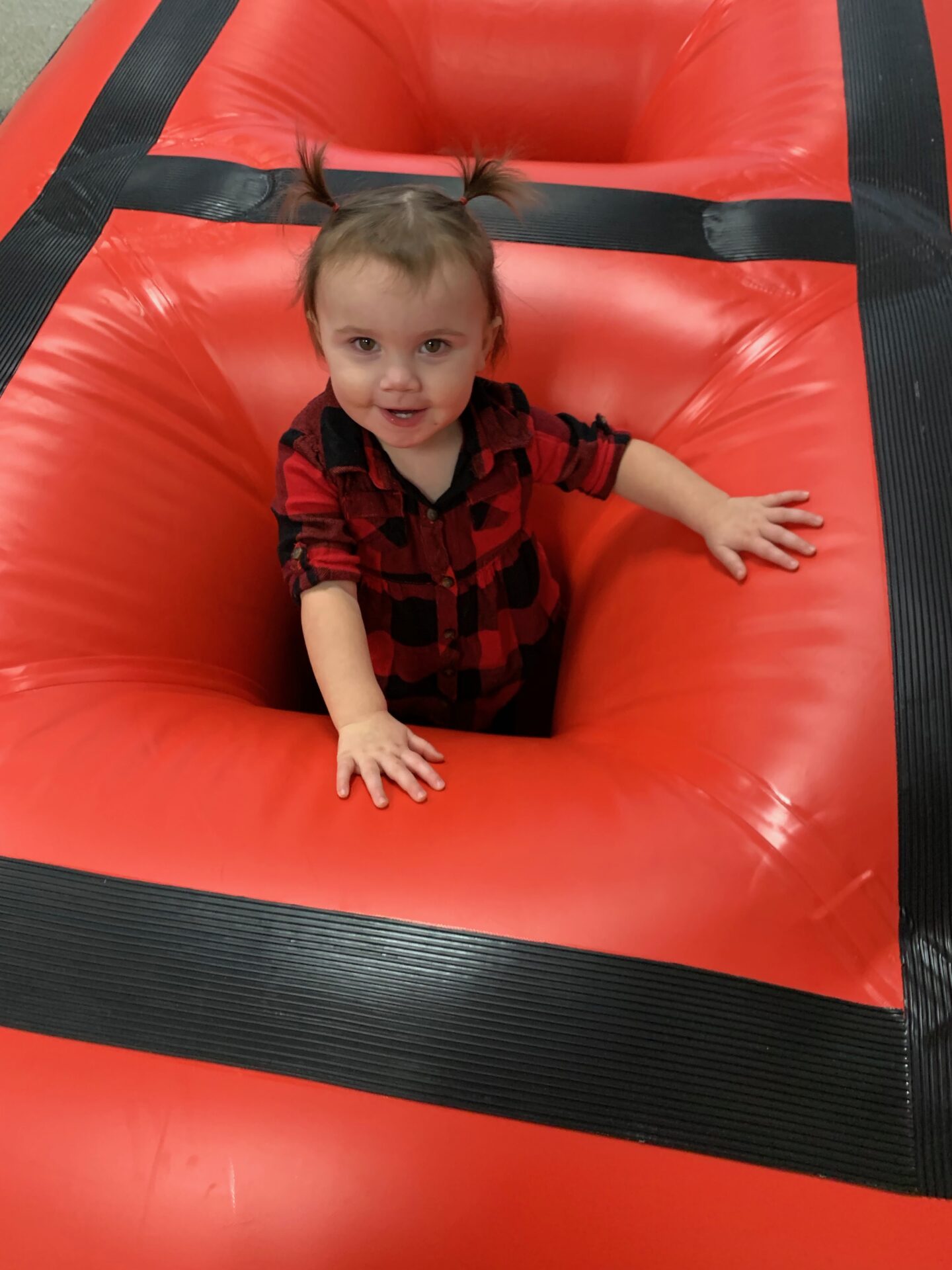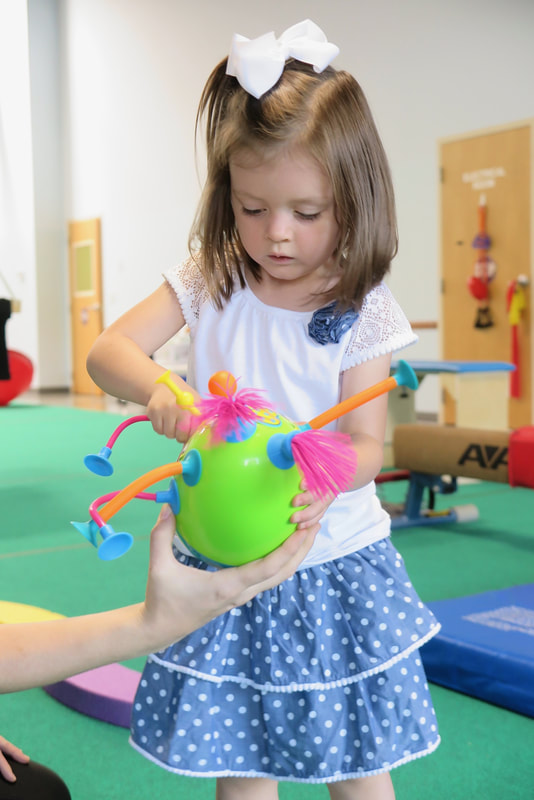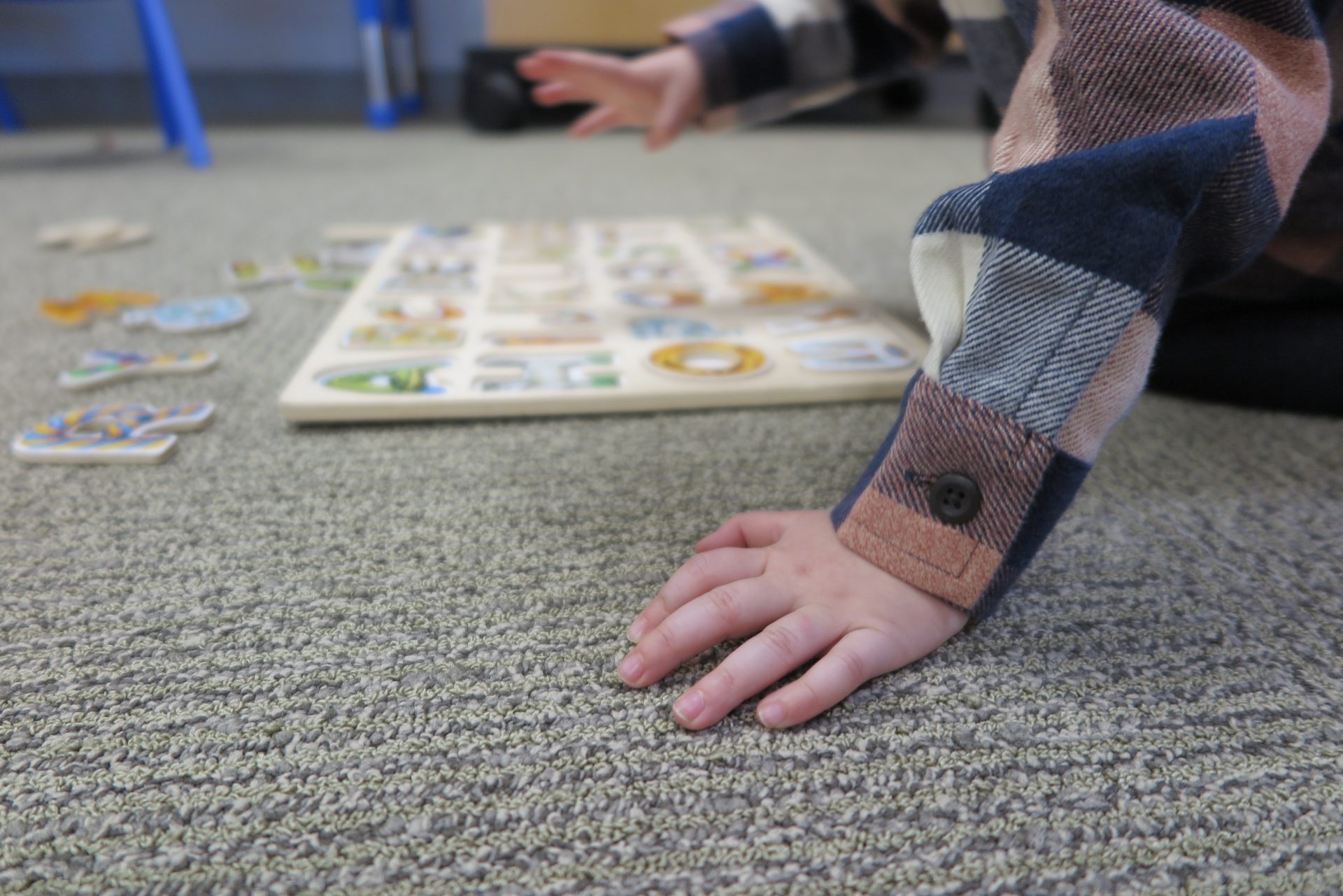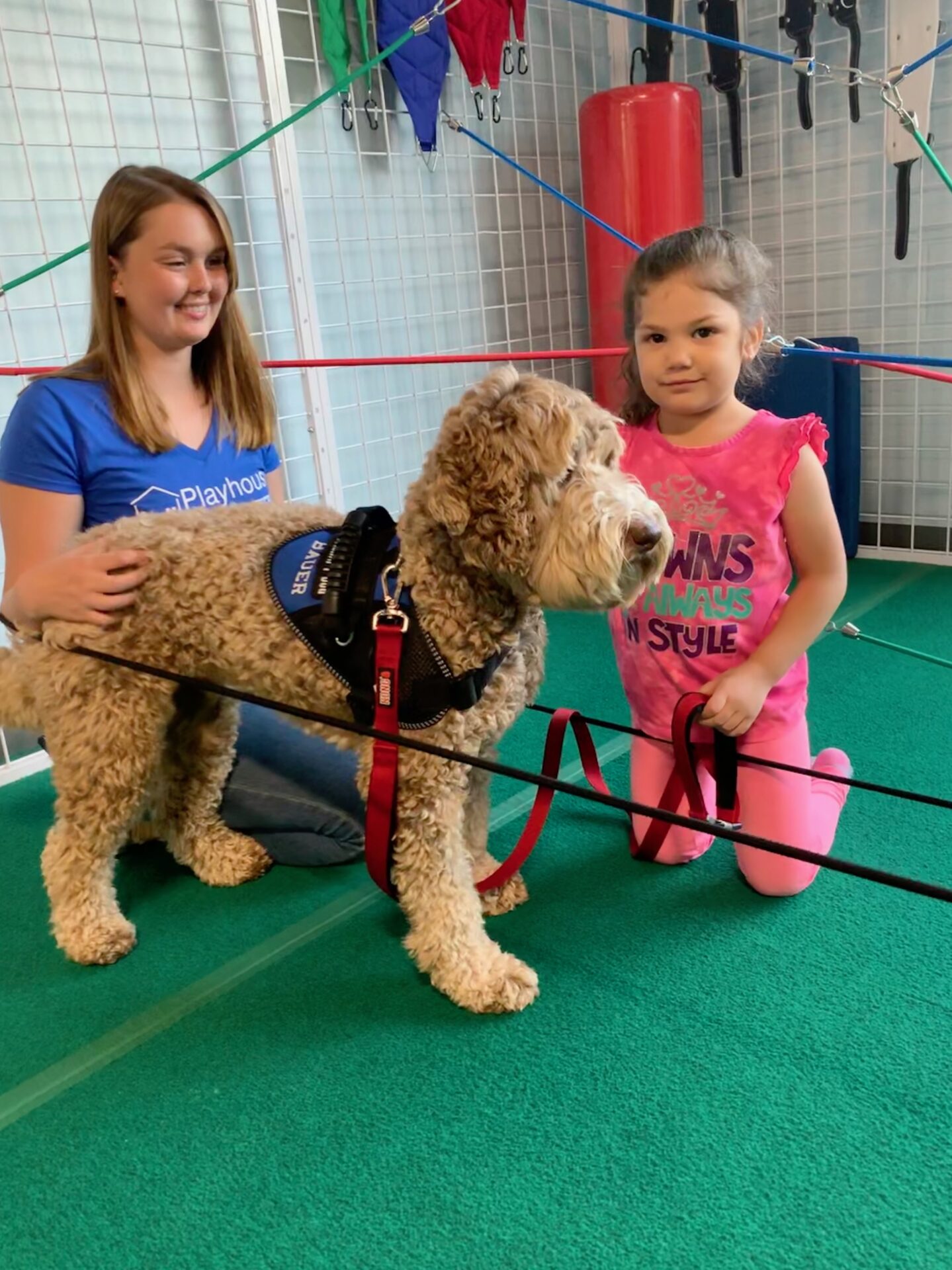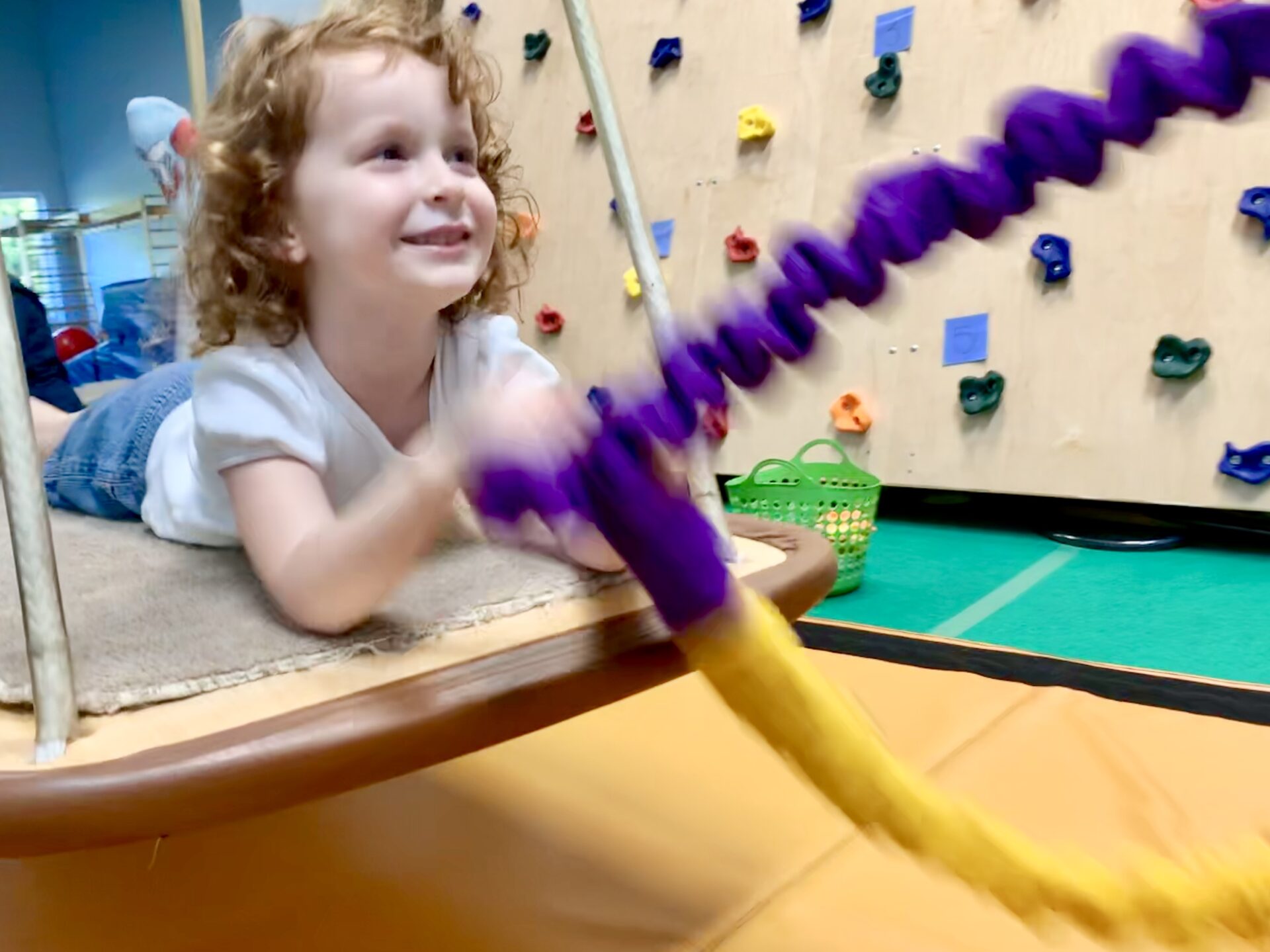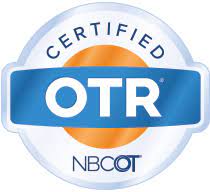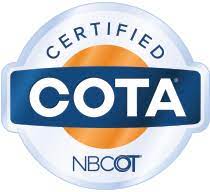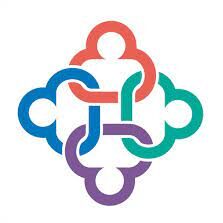My Kid Keeps Hitting
Does your child keep hitting others when he wants what they are playing with? Grab toys away from other children? Kick over other’s toys? These are all considered undesirable behaviors and can be frustrating to watch your child do at home, in their community, or at school. Here are some strategies to help your child with undesired behaviors.
Step 1- Hands are not for hitting
Remind your child what their hands are for. Hands are for waving, washing, clapping, counting, drawing, doodling, holding, hugging and eating. Hands are not for hitting. Hitting hurts!
Step 2- Use these words
Teach your child the words to use when wanting something from someone else. Can I please have a turn? Could I see that toy? Let your child know they have to wait for the answer. This may be the hardest part. If a child will not share a toy provide suggestions for another toy to play with.
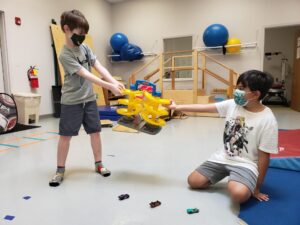
Step 3- Hitting hurts
If a child does hit, have the injured child tell that child,” I don’t like that, that hurts!”
Step 4- Don’t force apologies
Do not make your child apologize for undesired behaviors. Making a child apologize has no meaning behind it if they are just saying it because you told them too. Some children may use this to their advantage and think, “It’s OK to hit if I apologize afterwards.” Remind your child that it hurts others and our hands are not for hitting. We must use our words to ask for what we want.
If hitting persists or your child is unable to utilize the strategies, call to schedule a free screening with one of our pediatric therapists. Sometimes, hitting occurs when a child does not have an ample vocabulary or language to make requests or negotiate. It can also occur when a child excites easily or seeks input. Our trained therapists will be able to give additional recommendations unique to your child’s needs!
Written by: Jessica Frederick, COTA/L
